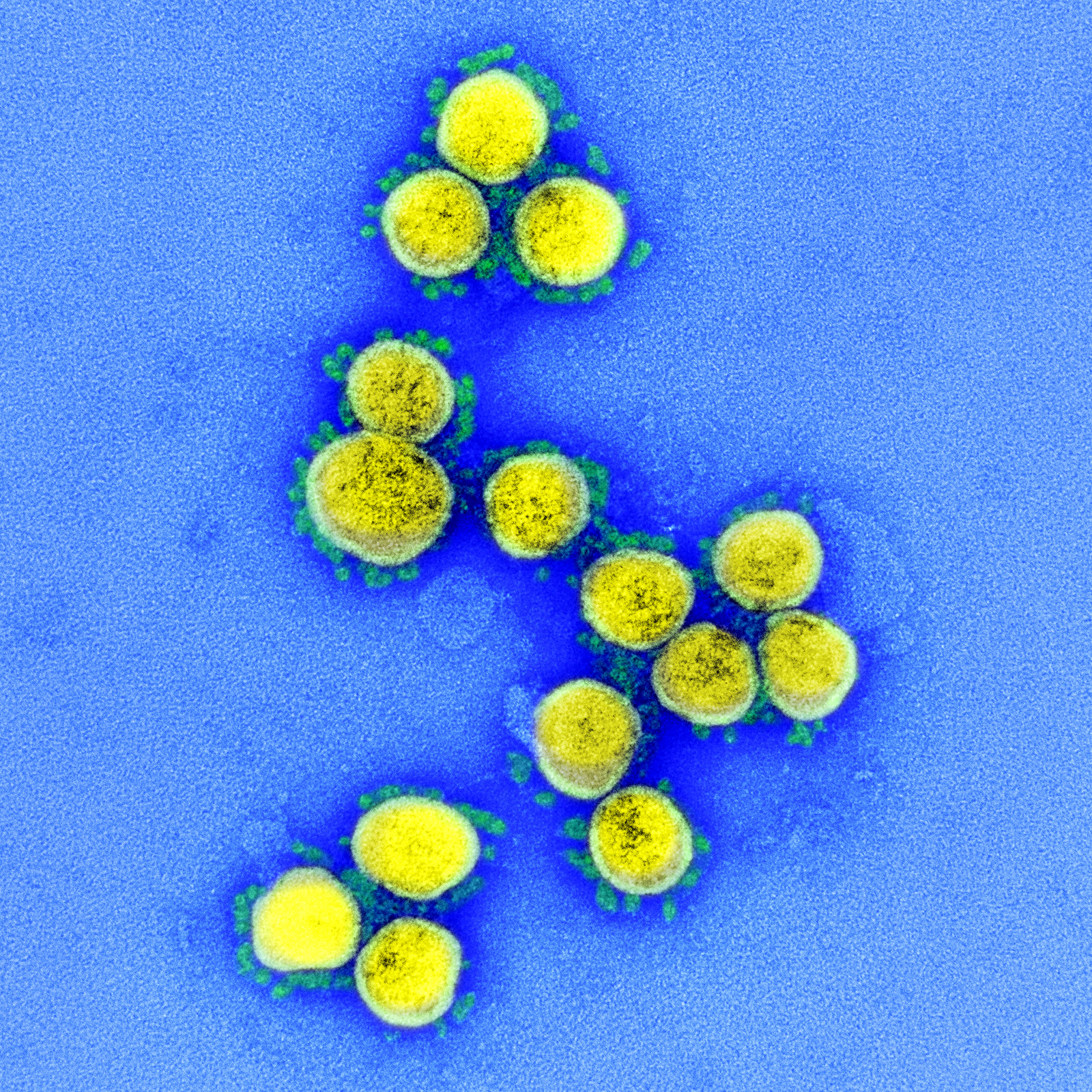Coronavirus news roundup - 29/05/2020

A series of vaccines and drugs are being fast-tracked through the big pharma pipeline as part of a coordinated global response to the coronavirus pandemic. Here are the biggest COVID-19 stories of the past seven days.
Atriva Therapeutics is starting a phase 2 trial of its MEK inhibitor ATR-002 in patients with SARS-CoV-2 coronavirus infections, saying the drug could help prevent patients progressing to critical-stage COVID-19.
MEK inhibition is a tried-and-tested approach to cancer treatment, but the Tübingen, Germany-based biotech thinks the class also has potential in the treatment of viral infections.
GlaxoSmithKline is pledged to produce a billion doses of its COVID-19 vaccine booster by 2021 to support development of several different vaccines.
Adjuvants could play a crucial role as they reduce the amount of vaccine protein needed in each dose, allowing greater coverage.
US biotech PureTech has announced plans to develop its most advanced pipeline drug as treatment for lung inflammation and scarring caused by COVID-19.
LYT-100 is a longer lasting version of pirfenidone, the active ingredient in Roche’s Esbriet, which is approved in idiopathic pulmonary fibrosis.
Researchers in the UK said they have developed an artificial intelligence (AI)-based computer model that can reliably detect COVID-19 from chest X-rays.
The project by computer and machine vision students at Cranfield University uses computer vision and AI to analyse chest X-ray images, picking up patterns that would not normally be recognised with the naked eye.
The UK’s drugs regulator has okayed early access to Gilead’s remdesivir in patients who are seriously ill with COVID-19.
According to the Medicines and Healthcare products Regulatory Agency, there is enough evidence to support use of the drug in its Early Access to Medicines (EAMS) scheme.
But there were fresh doubts about hydroxychloroquine as a treatment for COVID-19, as the World Health Organization called for a halt to clinical tests in the light of new safety data.
In a press briefing WHO director-general Dr Tedros Adhanom Ghebreyesus said the hydroxychloroquine arm of the Solidarity trial has been put on hold following study findings published in The Lancet.
Feature image courtesy of Rocky Mountain Laboratories/NIH












